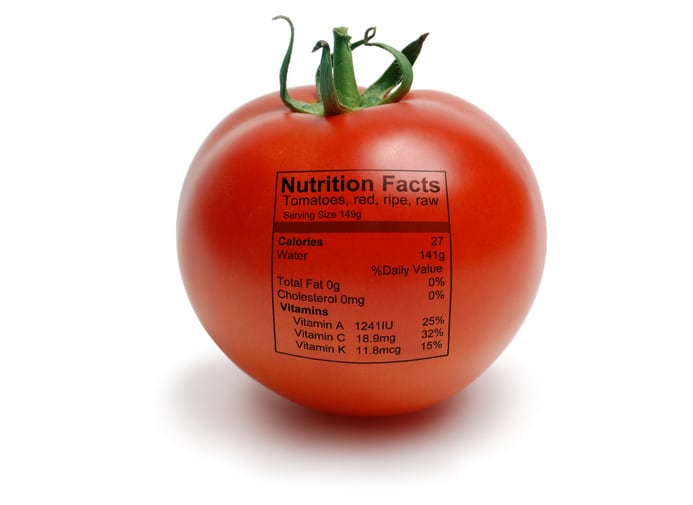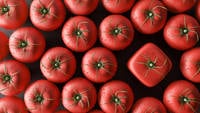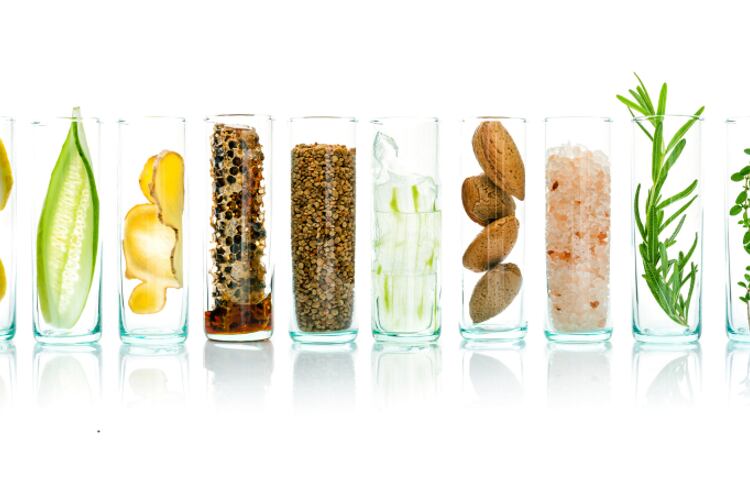The EC is currently receiving feedback on proposals for a new directive called ‘Empowering the Consumer for the Green Transition’. This aims to remove what it describes as “generic environmental claims” and have minimum requirements set for sustainability labels.
SAFE believes the origin of any single ingredient should be displayed on the food labelling to properly inform consumers and help them make informed choices to protect their health and the environment.
The group believes the Commission should ensure consistency with other food regulations laying down specificities for food products (labelling criteria, denomination of origin as per the difference between natural and synthetic), and make additional efforts on its labelling scheme, to increase transparency on products marketed as ‘green’.
According to the organisation, the EC’s proposed labelling methodology overly focuses on carbon emissions when determining the environmental profile of products, ignoring crucial factors such as recyclability, toxicity, and biodegradability. SAFE believes that consumers should be correctly informed on the fact that products made of natural ingredients are fully biodegradable, unlike their synthetic counterparts.
The growing awareness about healthy food consumption has been increasing the number of food products labelled with green claims, such as '100% natural’. But not all of them are truly natural, complains SAFE. Many ingredients seem natural but are obtained by chemical processes, it noted. The problem is connected to the lack of a specific labelling obligation aimed at distinguishing between synthetic and natural ingredients.
In November 2020, SAFE Food Advocacy Europe launched ‘WeValueTrueNatural’, a campaign aimed at raising awareness on misleading environmental claims and ensuring that natural-labelled products are GMO-free, Synthetic substances-free, and biodegradable.
SAFE analysed the legal gaps in the EU legal framework and the misuse of the term 'natural’ in food products. The researchers looked several food products marketed with ‘natural claims’ and found that almost all the labels were withholding information on the product properties, whereas the criteria of the environment-friendly claims were not assessed by food business operators nor by public authorities.
According to Brussels-based SAFE, there are several case studies of synthetic substances that can be legally marketed as ‘natural’, even when they are produced with a chemical process. For example, zeaxanthin (a carotenoid) and melatonin, which are natural substances, are present in most food supplements with synthetic versions. There is another case with nitrates. “To reduce the amount of synthetic nitrates, some meat industries use the ones derived from spinach, and often write on the label ‘no additive,’ misleading consumers,” claimed Luigi Tozzi, Deputy Manager at SAFE. “This problem should be addressed by the proposed initiative.”
Floriana Cimmarusti, Secretary-General at SAFE, added: “The Farm to Fork strategy represents a great opportunity to finally create a sustainable European labelling framework and engage EU consumers in the green transition. However, to achieve this goal, it is crucial to set stricter labelling requirements by introducing a clearer definition of ‘natural’ for EU food products. SAFE agrees with the European Parliament in calling for mandatory labelling schemes for healthy products that indicate whether an ingredient is of synthetic origin when obtained by chemical synthesis, especially in cases where natural equivalents exist.”




